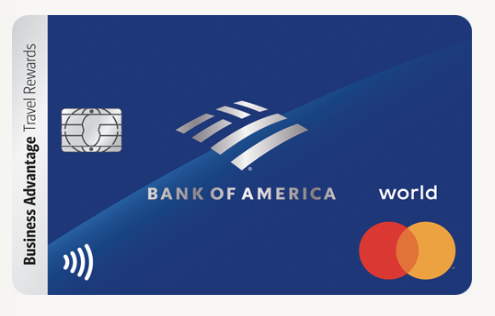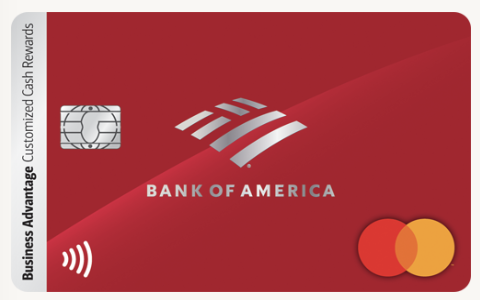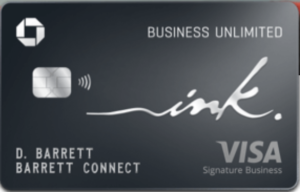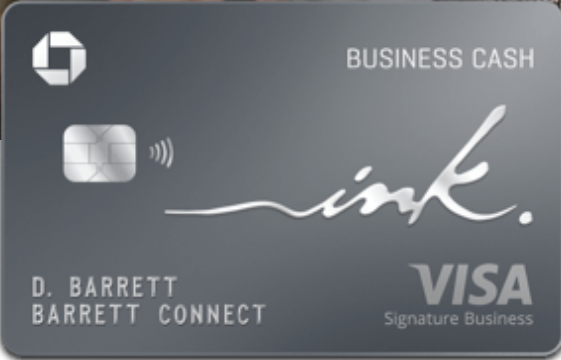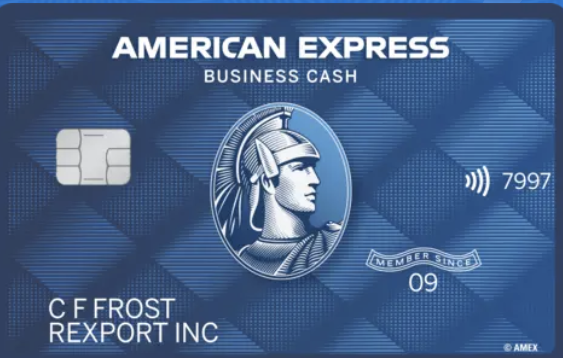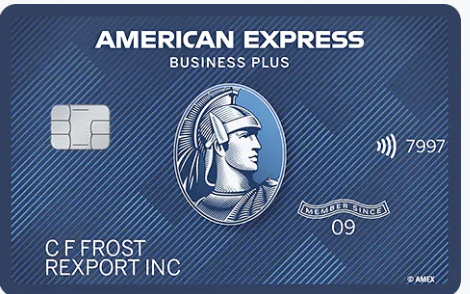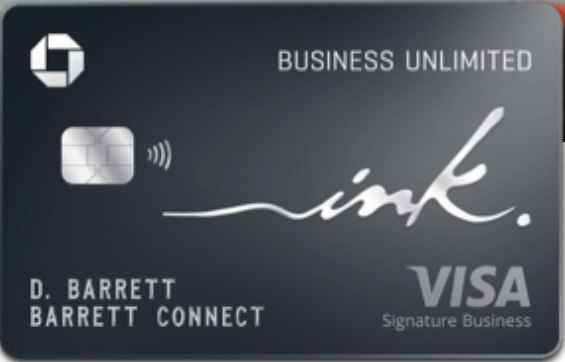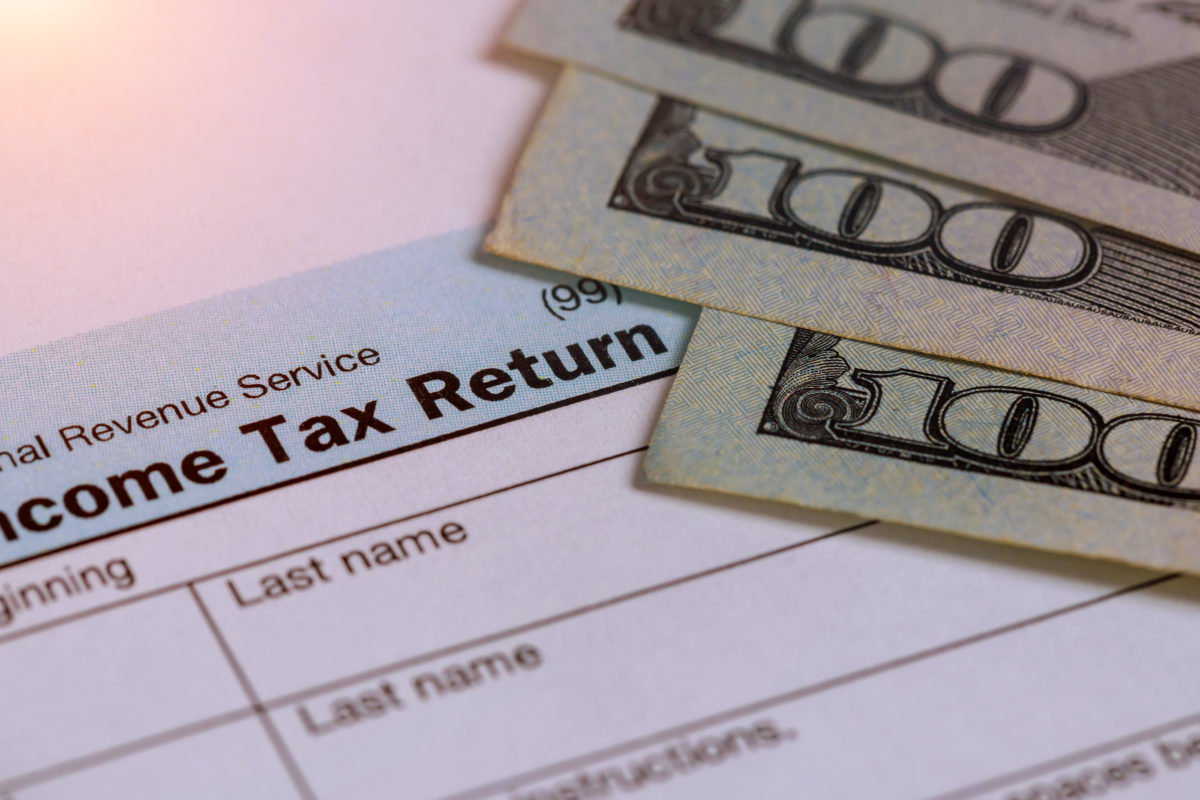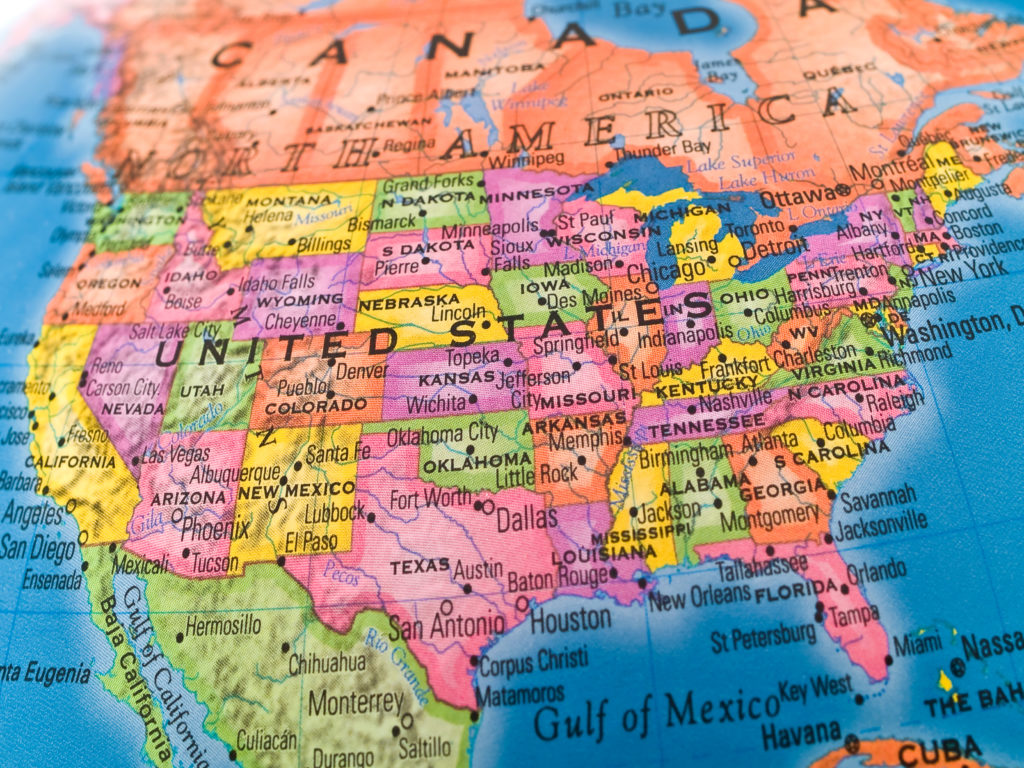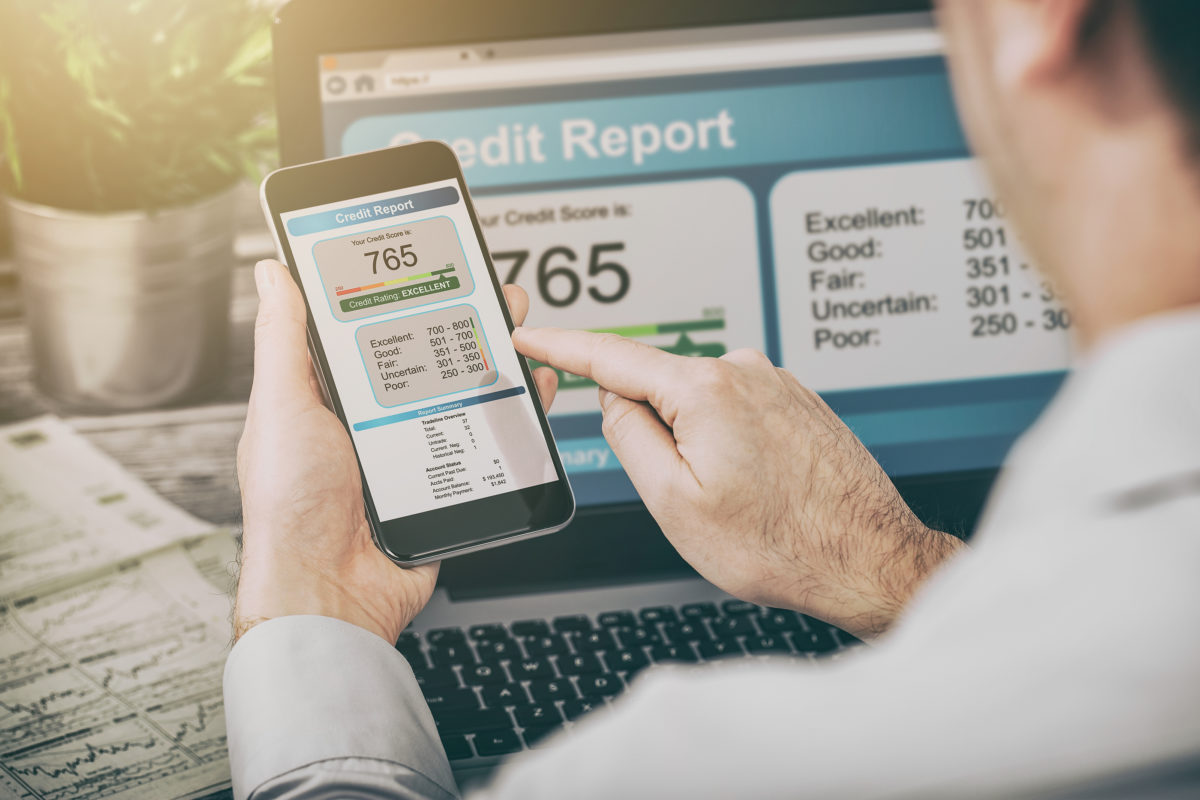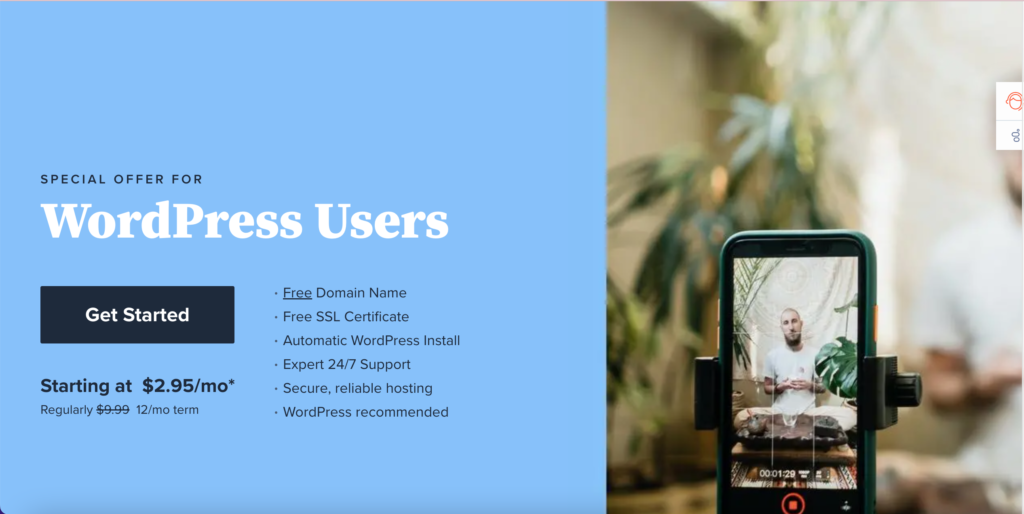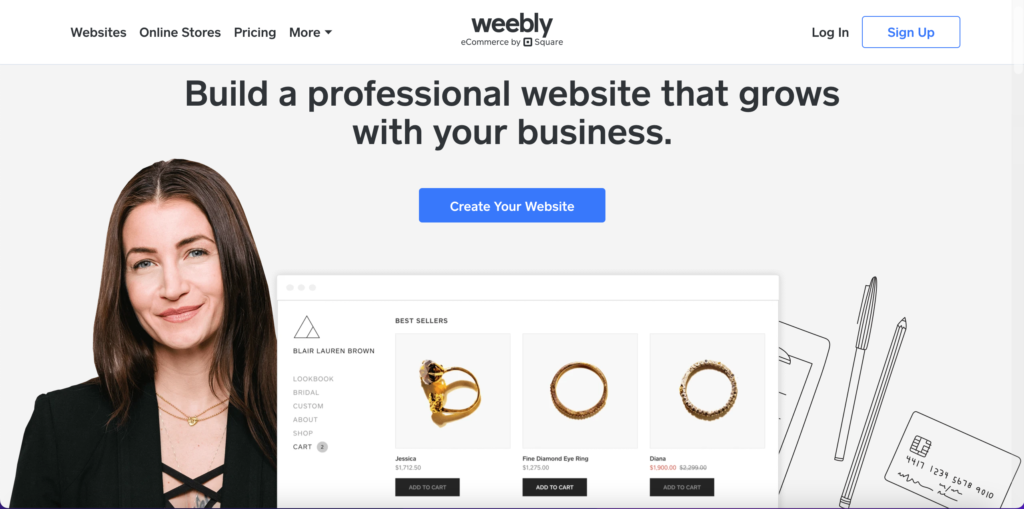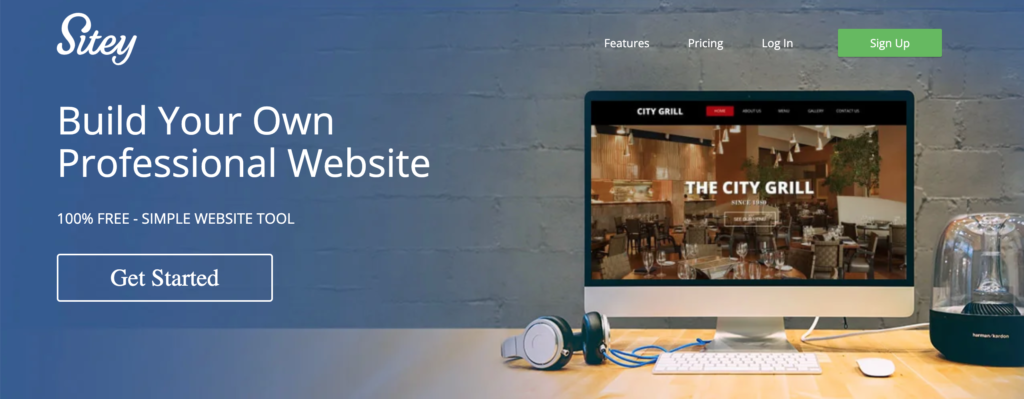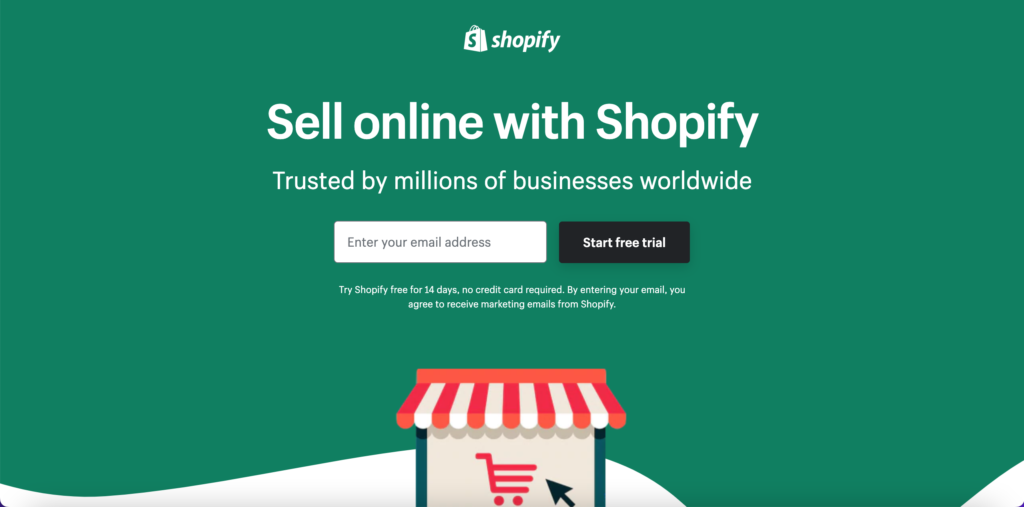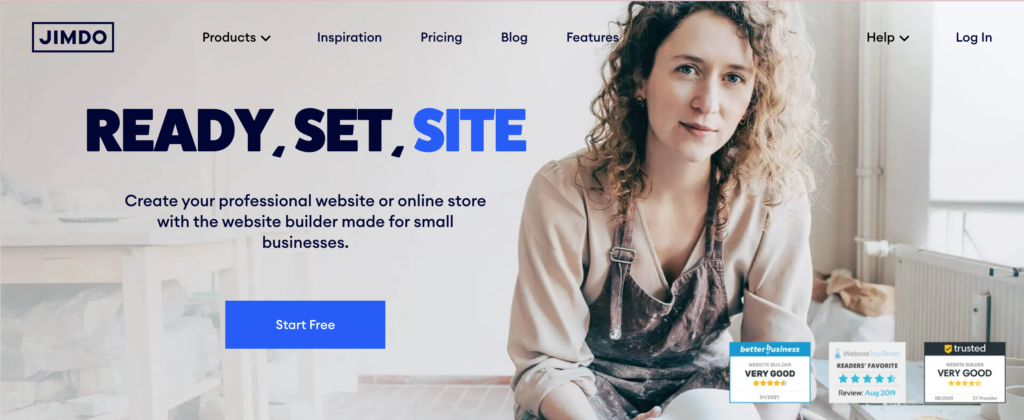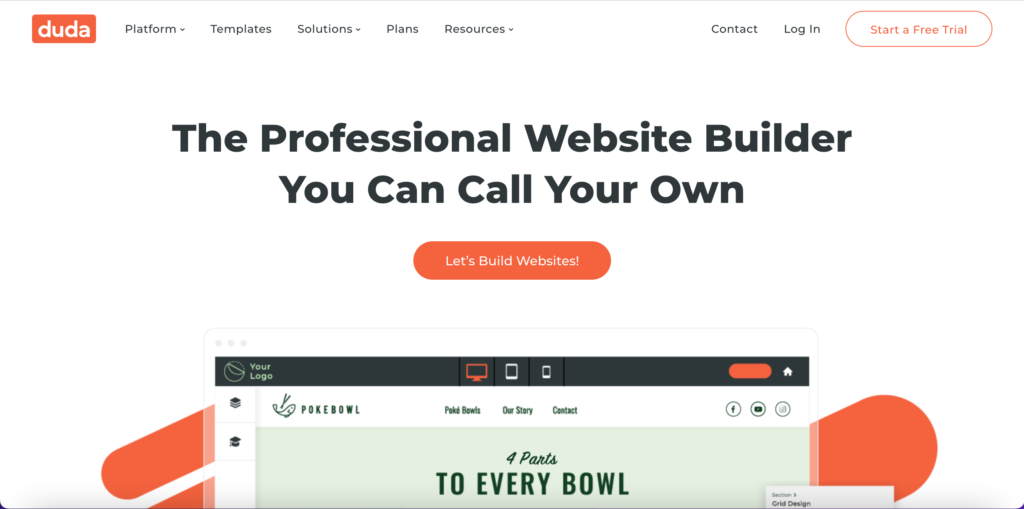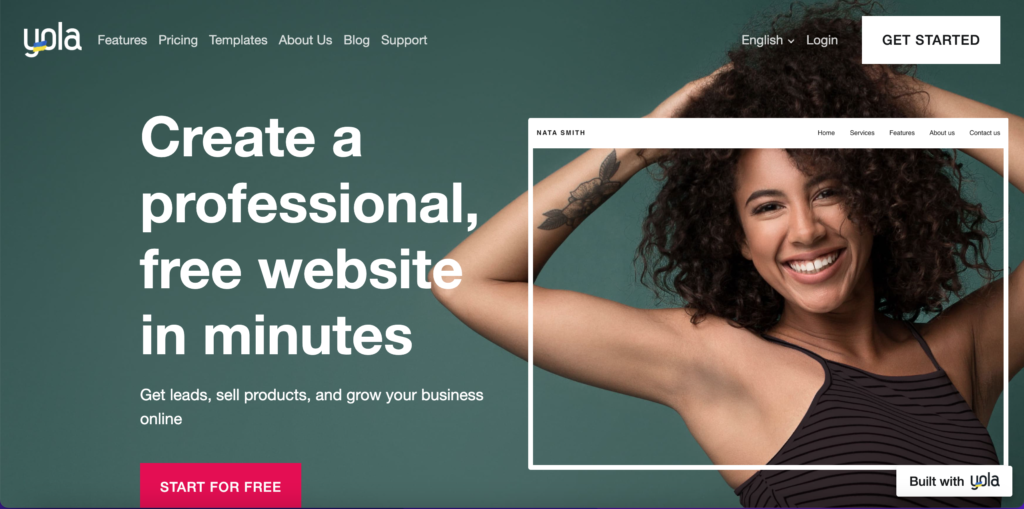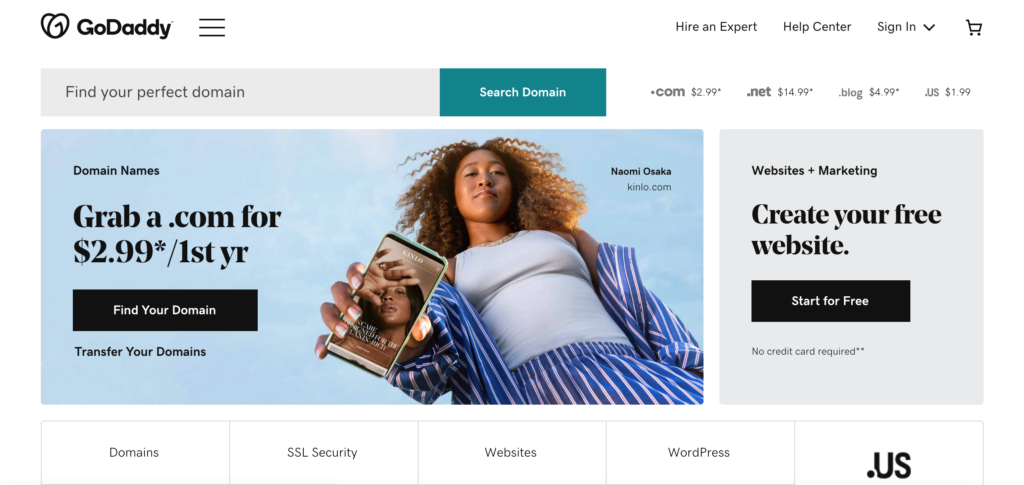The tricky part about owning a business is determining how well your business will do. If every business was guaranteed to be successful, then everyone would start their own business. The most important and evident goal of running a business is: to increase money flow. It is important to recognize how well the finance side of your business is doing so you are increasing revenue. But how do you increase revenue when sales and expenses are so unknown? Though you can always judge what the outcome will be of your business by its financial situation, there is another way to keep track of expenses, and money flow, and predict customers’ future wants and needs to stay ahead of the game. Business forecasting is one way to increase revenue and stay ahead of recent trends. Continue to read further if you are interested in how business forecasting can help your business grow.
What is Business Forecasting?
As we all know, the term forecasting means to predict, or estimate, a future event or the outcome of a specific scenario. When it comes to business forecasting, this means you are essentially predicting future events and trends by analyzing both past and present business data to generate answers regarding business growth. Business forecasting doesn’t directly relate to your own personal business, but to the economy as a whole. This allows your business to make decisions based on the economy, and its data, leaving you with predictions on what would be best for your business.
By deeply analyzing businesses, and their trends, patterns, and current and past historical data, you are able to predict what the future holds for your business. The idea of business forecasting allows your business to think long term, and prepare for any changes the market may throw at you.
The approach to business forecasting will vary, depending on your business, its goals, needs, and what it stands for. Typically, the process of business forecasting goes as follows:
-
- Collecting different sources of data
- Data analysis
- Strategy creation
- A comparison between your forecasting model and your business at it currently stands
What does Business Forecasting do?
The goal of business forecasting is to expand and grow your business. By analyzing the market and economy, business forecasting allows you to plan ahead and make necessary decisions for your business and its future. Business forecasting allows you to:
The above-mentioned is a list of the basics that business forecasting can assist you with. Again, there are many different methods you and your business can use to make informed guesses about your business and its future. For example, if your business is fairly new, you will not be using the same methods as a business that has been around for decades. The data you analyze will be different, as will the outcome.
Why is Business Forecasting Important?
It is important for business owners to understand their finances and if they are financially on track. The more you understand your business and its finances, the better the chances of increasing sales. Business forecasting can benefit businesses long term. Predicting what can happen within the next year, quarter, or even decade can generate helpful information for your business. Business forecasting can:
- Help you and your business gain valuable insight: once you are aware of what the future holds, you can set realistic, smarter goals, make more informed decisions based on the knowledge business forecasting has left you with, and create strategies based on the data you have learned about
- Understand previous mistakes & learn from them: business forecasting allows you to understand previous mistakes and what does not work for your business
- Predict market trends: more importantly, you will be able to predict market trends and changes leaving you with proactive results
Business forecasting is a great way to understand the market you work in, and what works and isn’t working within this market. By providing customers and clients with the services and products they want and need, you are increasing business sales and establishing brand loyalty.
What are the Pros and Cons of Business Forecasting?
Business forecasting can be very beneficial for the growth of your business. Though business forecasting is beneficial, there are cons to the process. Here is a list of the pros and cons of business forecasting.
Pros of Business Forecasting
-
- Results that benefit your business
- Gain clarity on the market and your business
- Debunk the myths that may be holding your business back from increasing profits
- Enables you to learn about informed business decisions
Cons of Business Forecasting
-
- Predictions aren’t always going to be accurate
- Time-consuming
- Can become expensive
- Require significant research
Though business forecasting can become time-consuming and expensive, it can hold significant value to your business. Business forecasting might enable you to figure out exactly what it is that your business is missing, which can largely increase profits.
What are the Different Methods of Forecasting?
There are 2 main methods of business forecasting. One is market surveys and the other is formulas and analysis.
When a business does not have enough data to create predictions, it will conduct market research. By observing and with surveys and polls, business owners are able to receive information regarding their business and make predictions based on what they have, and the history of the market.
On the other hand, formulas and analysis are when businesses that have been around for many years have enough data to make predictions. By analyzing previous years and their sales, and witnessing market changes, they are able to make predictions quickly and easily.
Furthermore, while there are business forecasting methods, there are also many different types of business forecasting.
What Types of Business Forecasting are there?
There are many different ways you can estimate data and events for your business. Each type of forecast focuses on the specifics of a metric or outcome.
What you are interested in learning about for your business will help you decide which business forecast to use. Furthermore, there are types that are for general sales aimed at the following month and more specific types that are for sales that are aimed at sales goals for the following year.
Here are the 6 common types of business forecasting:
-
- General business forecasting
- Financial forecasting
- Accounting forecasting
- Demand forecasting
- Sales forecasting
- Capital forecasting
What is General Business Forecasting?
A general business forecast is used to determine the specifics of business on a specific future date. It is used to review market conditions and how the economy will impact your business. Businesses that operate in environmental factors often use a general business forecast. For example, analyzing how politics will impact Americans in 2025.
What Is Financial Forecasting?
Financial forecasting is understanding your business’s financial situation and the direction it is going. This includes accounts payable, accounts receivable, assets & liabilities, business costs, cash flow, and the conditions of the market. It is used to create a track for your company’s financial needs and goals.
What is Accounting Forecasting?
Accounting forecasting is considering how the economy will impact your business. By analyzing past and present price changes, you can estimate how your business will pay for labor, utilities, rent, materials, inventory, and much more. For example, analyzing the cost of vegetables, both past, and present.
What is Demand Forecasting?
Demand forecasting is predicting the needs and wants of the market. It is used to determine which goods and services are in demand by customers. This allows you to plan how much money you will need to invest in products and inventory, how well the product will function, and if it is worth it.
What is Sales Forecasting?
While demand forecasting focuses on the wants and needs of the market, sales forecasting focuses on the investment that comes from the products or services in demand. This allows you to predict how your business will capitalize on the sales that are in need. Using your company’s sales data, you can estimate future sales. It will provide you with the sales revenue you are expecting within the next month, quarter, or year of business. This is done by analyzing sales history. For example, analyzing the last year of sales to determine how many people you will need to hire in the upcoming year, and at what cost.
What is Capital Forecasting?
Analyzing current and future assets and liabilities, and predicting future liquid capital and cash flow estimates is also known as capital forecasting. There are many components to analyze with capital forecasting and it normally becomes tedious and tricky. For example, the following components are a list of what can be considered:
It is used to predict the available capital you will have in the future or on a specific date. This is most often used by companies who are preparing for a major change that will require cash, such as hiring, growth, investments, relocating, etc. For example, estimating working capital for hiring 6 employees.
What is the Difference between Forecasting Methods and Forecasting Types?
The difference between forecasting methods and forecasting type differs in the why and how. The forecasting type is chosen based on what your goal is, such as sales and the flow of cash. Alternatively, the method is how data is identified and gathered, such as qualitative and quantitive, something we will dive deeper into to get a better understanding.
What are the 2 Common Approaches to Business Forecasting Methods?
There are a few different types of forecasting approaches. However, they all fall within two categories: quantitative and qualitative. One approach will benefit your business more, depending on your company’s age and data.
What are Quantitative Forecasting and Qualitative Forecasting?
Quantitative forecasting relies on structured data such as experiments, and statistical analysis. On the other hand, qualitative data unstructured data such as observations, surveys, and interviews. So which method of forecasting should you use? Let’s review the subcategories of each to determine which method of business forecasting would be best for you.
1. Quantitative Forecasting Methods
As previously mentioned, quantitative forecasting relies on measurable data, meaning the facts and statistics behind the business. Because it focuses on statistics, you can expect the outcome to be promising. Observing the patterns and scenarios can lead you to an answer and you will notice a cause and effect map-like structure. This cause and effect map allows you to easily predict the future. This can be a great benefit for your business and its revenue.
When you are upgrading current services and products, and adding new ones to your business, common questions that arise and are often tricky to figure out are ones like:
-
- How many products and services will I need?
- How often will I need to purchase products or invest in the services I offer?
- Are the services and products I offer in demand?
- Who is purchasing these sales/services demographically?
- Are the needs of our target market changing?
The quantitative forecasting method allows you to find the answers to these questions, which is something many business owners struggle with. Furthermore, it aids in the process of predicting year-to-year sales figures.
Because the quantitative forecasting method uses historical and statistical data regarding your business and the market it is in, companies that have at least 3 years worth of business are ideal for this method. This allows experts to analyze and track your business and the market to make beneficial predictions.
There are 2 common quantity forecasting business methods, known as time-series and casual.
What is the Time-series Method?
The time-series method is the most common quantitative forecasting approach. It’s the most common approach because it relies on factual information to make predictions. Forecasting allows individuals to predict the future by utilizing past information. Researchers build data charts by using current and historical data. This provides a more clear understanding of the “why” of what businesses are experiencing.
This method uses past, present, and future data to figure out answers to specific questions. There are two standard models within the time-series method: Exponential smoothing (EA) and moving average (MA.)
What is Exponential Smoothing?
Exponential smoothing is a frequent technique used. Essentially, it is when observations decrease priority as they age.
What is Moving Average?
Moving average is the easiest way to forecast. Previous calculations are analyzed and used for the next period.
What is the Business Forecasting Process?
The business forecasting process requires several years of data to clearly understand relationships and data.
Why Would You Use the Time-series Method?
This method is typically used to forecast daily product sales, or get an understanding of seasonal changes. The types of businesses that commonly use this method are finance and retail.
How Accurate is the Time-Series Method?
The accuracy of the results will depend on which method you work with and how long you use the method. The shorter the time period, the better. Shorter time periods will lead to more precise time-series forecasts. For example, 3-6 months.
What is Causal Forecasting?
The causal forecasting method studies two variables that are likely to affect movements in the market. By studying the cause-effect relationship between the two, you predict future market changes such as prices and demand. One variable represents an issue, and the other represents the prediction of the issue.
For example, A pandemic hits and businesses close. How will this affect your business?
Regression analysis is a method of causal forecasting that uses statistical equations to estimate how the variables will be impacted and how they impact each other.
What is the Business Forecasting Method?
This process also requires several years of existing data to predict sales, labor costs, or future challenges. To successfully casual forecast, you should forecast for 2 months to 1 year.
Why Would You Use the Causal Forecasting Method?
This method is often used by business owners who need to analyze their business for future sales. They analyze current and future trends and make estimates regarding distribution, manufacturing, and scheduling.
How Accurate is the Business Forecasting Method?
The casual method determines the impact the variables have on each other, and how this will affect day-to-day consumer demand operations. Casual models lead to more accurate predictions because of the continual adjustments and revisions regarding recent information.
2. Qualitative Methods of Forecasting
Instead of formulas and numbers, qualitative forecasting relies on feedback from customers and experts. This gives a qualitative understanding of a specific problem, subject, or point of interest.
This is an unstructured, non-statistical approach. With subjective interpretations, it provides an outcome of forecasts to help business owners develop an understanding of a question that has arisen.
The qualitative method best benefits new businesses that don’t have enough data to analyze or companies that are interested in products and services that bring the most value to customers.
For example, a business is interested in what customers’ opinions are about a new product or service. To measure their opinions, forecasters will use qualitative research.
Business owners who are qualitative forecasting will ask questions such as:
-
- Is this product/service better than competitors? Why or why not?
- How can we improve this product or service?
- On a scale of 1-10, what would you rate our web design?
- What message does this advertisement convey?
Qualitative forecasting also has techniques such as the Delphi method, Market research, and the Panel method.
What is Market Research?
Market research focuses on the market and testing its hypotheses. It can be conducted with observations and personal interviews. This method involved asking a specific, targeted group of people questions about a particular issue to gain insight and collect data. The data is then converted into numerical results. Qualitative research requires human interaction to receive results, unlike quantitative data.
Qualitative forecasting allows businesses to better understand consumer needs and demands, analyze competitors, and quickly determine market trends.
Market researchers will use one of two surveys to collect data:
- Cross-sectional surveys: Most common in retail and healthcare industries are surveys that target a specific population
- Longitudinal surveys: Rely on behavior changes that could take months to decades to measure – are surveys that are conducted with various time durations to study thought processes and behavioral changes
What is the Business Forecasting Process?
The process consists of collecting data from surveys, polls, interviews, and questionnaires. This method is more time-consuming and should take at least three months.
Why would you use the Market Research Method?
This method is used to observe and record customer satisfaction and receive feedback on products and services that were recently introduced to our business.
How Accurate is this Method?
This method is very accurate if business owners stay consistent with collecting data, otherwise, the method won’t be very accurate.
What is the Delphi Method?
The Delphi method consists of asking a number of experts a set of questions. The answers that the questions receive will determine the next set of questions. In this regard, the process is flexible and dynamic.
The experts who are taking the questionnaire are allowed to share the answers with one another and may change their answers if they choose to do so. The Delphi method is supposed to lead to an agreement among the experts based on the answers to the questionnaire. Essentially, the experts discuss the questions and agree on an answer for each question.
If necessary, the questionnaire can be given several times until there is a consensus. Once this occurs, a final group opinion is made.
Why Would You Use the Delphi Method?
Businesses that have limited market research often use this method. Companies who work within a specific industry will survey experts for an accurate forecast and precise conclusion.
What is the Business Forecasting Process?
The process can take 2 months or longer and begins with a researcher who will create and distribute the questionnaires to experts. Experts will take the questionnaire, sharing and changing answers when necessary. When they feel content with the answers, they will submit the questionnaire for further analysis.
How Accurate is the Delphi Method?
The Delphi Method is considered to be one of the most accurate forecasting methods. Though it is very time-consuming, it is best known to predict future trends.
What is the Panel Consensus?
Similar to the Delphi method, Panel consensus surveys a group of people. However, the Panel consensus method is different than the Delphi method because it surveys the same group of people more than once. Interviewing the same group of people on two separate occasions allows you to understand how behaviors change over time.
Another way this method is used is by planning meetings where a panel of people discusses their thoughts and opinions about a product or service until a consensus is reached. If a problem arises within the company and its employees, this is a good way to figure out the problem, discuss it, and come to terms with a solution.
Why Would You use the Panel Consensus Forecasting?
Businesses will use the panel consensus method to discuss ideas and the value these ideas may hold. Regardless of the problem, internal and external issues regarding the company may be discussed during a Panel consensus meeting.
What is the Business Forecasting Process?
Since this method requires several interviews, they should be conducted at least two weeks apart to receive accurate reports and data.
How Accurate is the Panel Consensus Method?
Because the Panel consensus method requires group meetings and sharing of thoughts and opinions, it has been noted that there are many factors that influence the answers. Therefore, it is considered to be a very accurate method.
How Do I Start Business Forecasting?
After reviewing the many different forecasting approaches you may be wondering which method would be best for your business? The answer is complex and ultimately depends on your business, the type of business, how old the business is, its goals, needs, and market.
Though there are many factors to consider when deciding which method to use, you can begin by narrowing down the list by asking yourself the following questions:
-
- What is the problem you are trying to solve? Or what data are you trying to obtain?
- Do you have enough historical data?
- Do you have a date of how far in the future you would like to predict or forecast?
- Do you have enough time and resources to collect data, analyze, predict, and forecast?
These are questions that will help you determine which method would be best for predicting, forecasting, and finding the answer you are looking for.
Stay Organized
Depending on your goals and needs, forecasting can take a few weeks or it can take up to a decade. For this reason, it is important to ensure you are staying organized so that any data does not get lost. Make sure your research is being documented instead of time and money lost. There are many things to document when forecasting such as:
-
- Employees
- Services and products
- Pricing
- Research & data
- Time
Forecasting may require you to hire more employees, purchase more products, sell more services, etc. furthermore, it is important to accurately and safely track and document data to ensure you are receiving accurate and precise results and predictions. Stay organized by utilizing templates and invoices.
Utilize Templates and Invoices
Utilize templates and invoices to keep track of all expenses, and time for your business while forecasting. This will allow you to ensure your business is successfully running while having the necessary resources to reflect back on. When you are in the middle of a forecasting princess, you will have the resources available to quickly refer to, and minimize the amount of time and money spent on forecasting. This leads to quicker results, and answers regarding how you can better your business and increase sales, clients, and customers.
